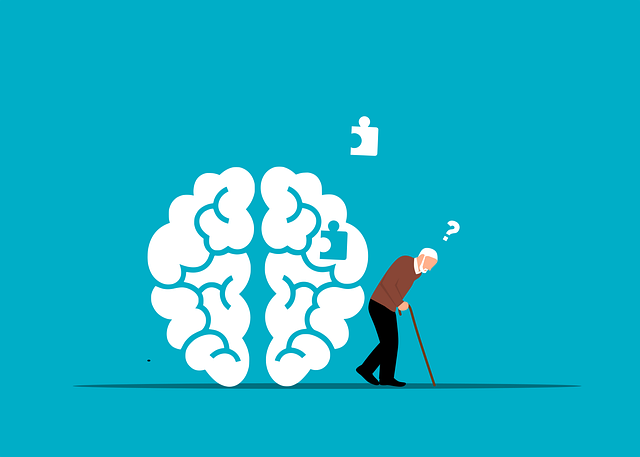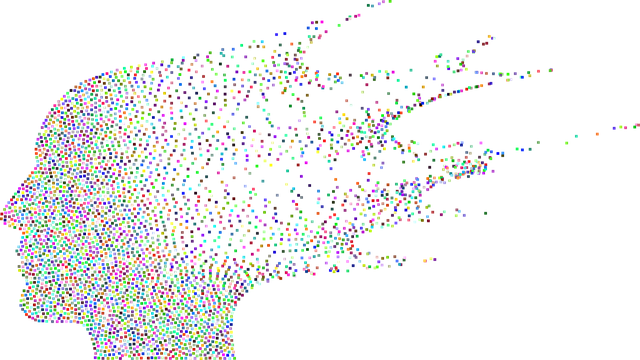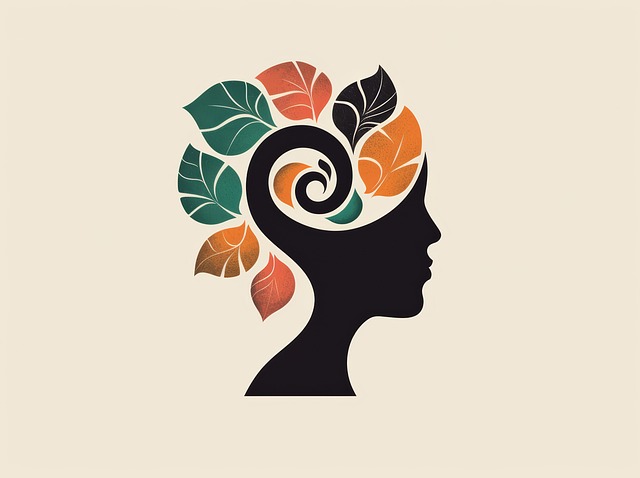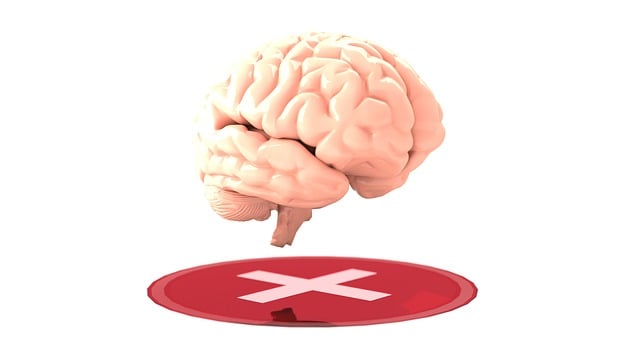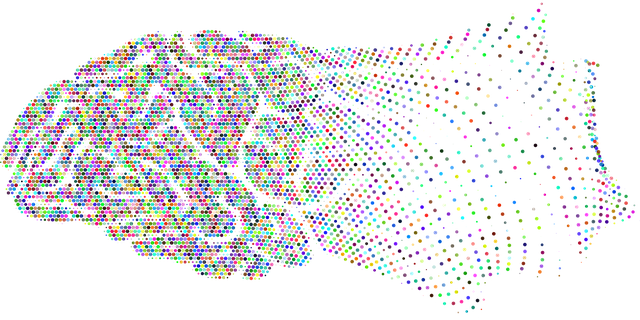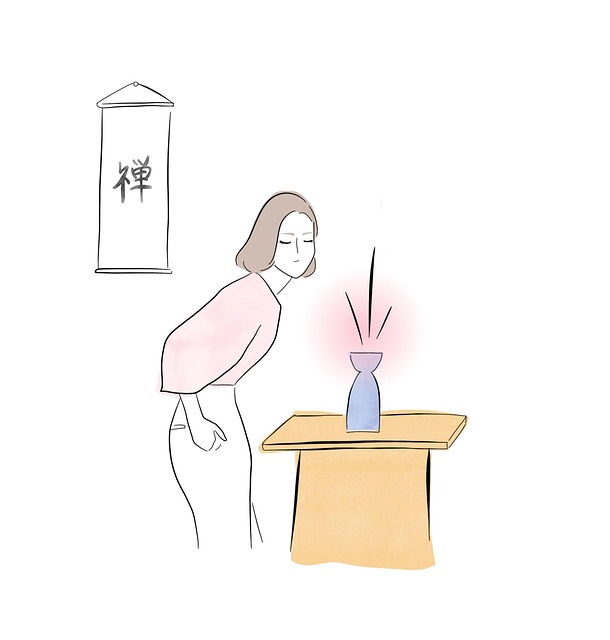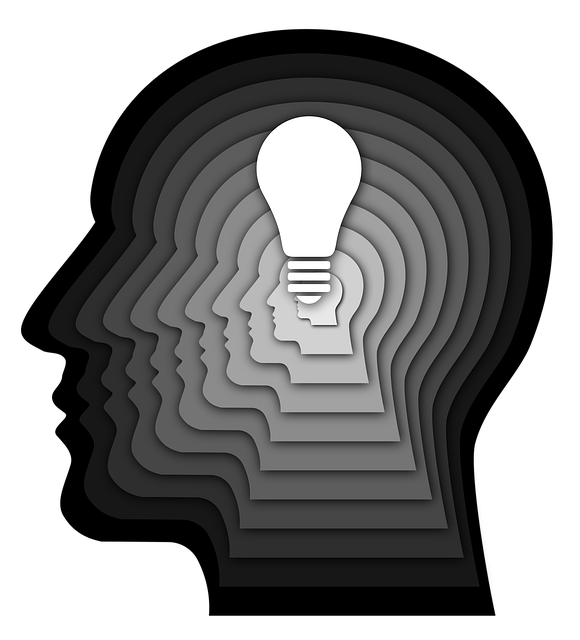Anxiety among young adults is addressed through tailored therapy like Dialectical Behavioral Therapy (DBT), combining cognitive-behavioral techniques with mindfulness. DBT focuses on emotional regulation, relationship skills, and resilience, effectively managing anxiety and promoting mental health. Stress management workshops, community support, and self-care routines complement this approach. For healthcare providers, preventing burnout through self-care is crucial to sustaining support for young adults navigating anxiety.
Anxiety is a prevalent concern among young adults, impacting their daily lives and overall well-being. In this comprehensive guide, we explore effective strategies to manage anxiety, with a focus on Dialectical Behavioral Therapy (DBT) – a therapeutic approach tailored for this demographic. Understanding the root causes and impact of anxiety is the first step towards recovery. We delve into DBT’s principles and practical techniques, offering valuable insights for young adults seeking to regain control over their mental health.
- Understanding Anxiety and Its Impact on Young Adults
- Exploring Dialectical Behavioral Therapy (DBT): A Comprehensive Approach
- Practical Strategies for Daily Anxiety Management
Understanding Anxiety and Its Impact on Young Adults

Anxiety is a common struggle among young adults, often presenting as feelings of worry, fear, or unease that can significantly impact daily life and overall well-being. This generation faces unique pressures from academic demands, social media exposure, and navigating emerging adulthood, which can contribute to heightened anxiety levels. Without proper management, chronic anxiety may lead to avoidance behaviors, social isolation, and even more severe mental health issues.
Many young adults turn to therapy as a powerful tool for understanding and managing their anxiety. Dialectical Behavioral Therapy (DBT), for instance, has gained recognition for its effectiveness in treating anxiety disorders. DBT combines cognitive-behavioral techniques with mindfulness practices, empowering individuals to regulate emotions, improve interpersonal skills, and enhance overall resilience. Additionally, stress management workshops, community outreach programs focused on mental health, and the development of self-care routines can all contribute to a comprehensive strategy for young adults seeking to overcome anxiety and foster better mental health.
Exploring Dialectical Behavioral Therapy (DBT): A Comprehensive Approach

Dialectical Behavioral Therapy (DBT) is a comprehensive approach designed specifically to help young adults manage anxiety and other intense emotions effectively. This therapy combines cognitive behavioral techniques with mindfulness practices, offering a unique blend of strategies for emotional regulation. DBT emphasizes the development of skills in four key areas: mindfulness, distress tolerance, emotion regulation, and interpersonal effectiveness.
For young adults struggling with anxiety, DBT provides a structured framework that teaches empathy-building strategies, enhances mental health education, and fosters better communication. Through individual therapy sessions and group skills training, participants learn to navigate their emotions, improve their coping mechanisms, and build a supportive network. By integrating these techniques into daily life, individuals can gain a deeper understanding of their anxiety triggers and develop healthy responses, ultimately leading to improved overall well-being.
Practical Strategies for Daily Anxiety Management

Managing anxiety on a daily basis is essential for maintaining mental well-being, especially among young adults navigating life’s challenges. Incorporating practical strategies into your routine can significantly reduce anxiety levels and improve overall resilience. One highly effective approach is Dialectical Behavioral Therapy (DBT), designed to help individuals regulate emotions, improve interpersonal skills, and enhance distress tolerance. DBT teaches valuable tools for conflict resolution techniques, fostering healthier interactions and reducing the intensity of anxious responses.
Additionally, building confidence is a powerful way to combat anxiety. Engaging in activities that challenge you and celebrating small victories can boost self-assurance. For healthcare providers facing burnout, preventing excessive stress is crucial. Incorporating relaxation techniques, setting clear boundaries, and practicing self-care are essential burnout prevention strategies. By combining therapy with practical coping mechanisms, young adults can effectively manage anxiety, leading to a more fulfilling and balanced life.
Anxiety management is a journey that can significantly enhance the lives of young adults. By understanding the impact of anxiety and exploring effective strategies, such as Dialectical Behavioral Therapy (DBT), individuals can gain valuable tools to navigate their mental health. Practical daily techniques offer a sense of control and resilience. With dedicated efforts, young adults can learn to manage their anxiety, fostering better well-being and a brighter future. This comprehensive approach ensures that therapy for young adults becomes an empowering experience, enabling them to embrace life with reduced worry and increased confidence.
